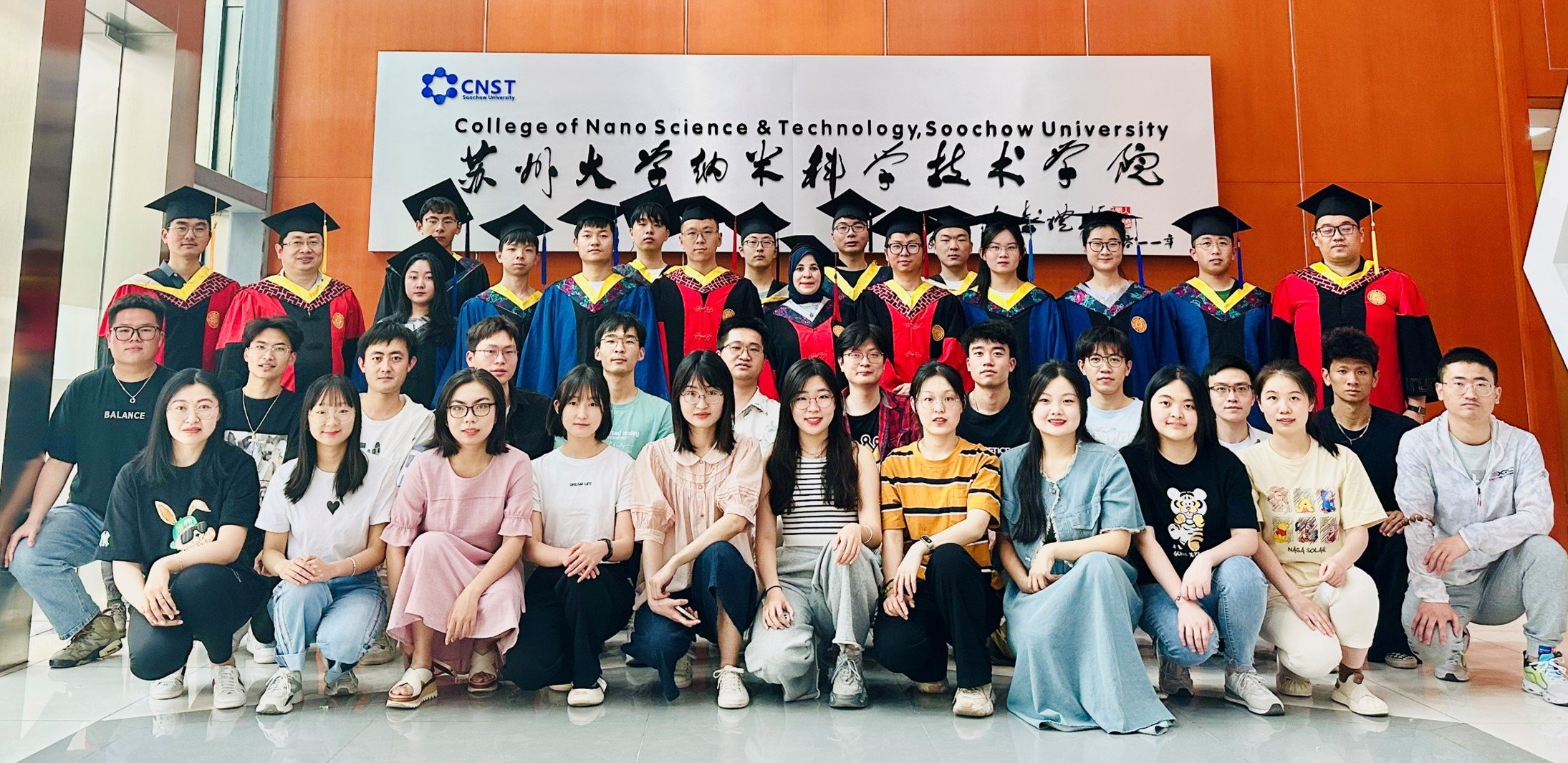23 February 2024
Interview with Prof. Dr. Zhen Wen—Winner of the Nanomaterials 2023 Young Investigator Award
You are accessing a machine-readable page. In order to be human-readable, please install an RSS reader.
All articles published by MDPI are made immediately available worldwide under an open access license. No special permission is required to reuse all or part of the article published by MDPI, including figures and tables. For articles published under an open access Creative Common CC BY license, any part of the article may be reused without permission provided that the original article is clearly cited. For more information, please refer to https://www.mdpi.com/openaccess.
Feature papers represent the most advanced research with significant potential for high impact in the field. A Feature Paper should be a substantial original Article that involves several techniques or approaches, provides an outlook for future research directions and describes possible research applications.
Feature papers are submitted upon individual invitation or recommendation by the scientific editors and must receive positive feedback from the reviewers.
Editor’s Choice articles are based on recommendations by the scientific editors of MDPI journals from around the world. Editors select a small number of articles recently published in the journal that they believe will be particularly interesting to readers, or important in the respective research area. The aim is to provide a snapshot of some of the most exciting work published in the various research areas of the journal.
Original Submission Date Received: .

Name: Prof. Dr. Zhen Wen
Affiliation: Institute of Functional Nano & Soft Materials, Soochow University, China
Research Interests: nanomaterials; nanogenerator; energy harvester; smart sensor; flexible electronics; self-powered sensing system
The following is an interview with Prof. Dr. Zhen Wen:
1. Please give a brief introduction of yourself to the readers. What are you currently researching and why did you choose this research field?
I am Prof. Dr. Zhen Wen, a professor at the Institute of Functional Nano & Soft Materials (FUNSOM), Soochow University, China. I received my B.S. degree in materials science and engineering from China University of Mining and Technology, China, in 2011 and my Ph.D. degree in materials physics and chemistry from Zhejiang University, China, in 2016. During 2014–2016, I was supported by a program of the China Scholarship Council as a joint Ph.D. candidate at Georgia Institute of Technology, USA. I joined Soochow University, China, in Sep. 2016. I have published 147 peer-reviewed papers with 16 papers selected as the front/back cover articles. My overall citations have reached over 13000 times, with an h-index of 62. I also have 36 invention patents, and 10 of them have achieved technology transfer. I have been awarded the Microsystem & Nanoengineer Summit 2022 Young Scientist award, the 2023 Nanoenergy Advances Award, the Nanomaterials 2023 Young Investigator Award, etc. I currently focus on the fabrication of nanomaterials for smart sensors (e.g., pressure sensors, gas sensors, and tactile sensors) to realize high-accuracy sensing information recognition.

2. Which research topics do you think will be of particular interest to the research community in the coming years?
Triboelectric nanogenerators (TENGs) have unique advantages in harvesting low-frequency irregular mechanical energy, and their output mainly depends on the surface charge density. Inhibiting the loss of triboelectric charges and optimizing the dielectric properties of materials are effective methods for boosting the surface charge density. I believe that explore optimization strategies to improve the output performance of TENGs will be of particular interest to the research community in the coming years, such as surface modification, insertion of intermediate layers, optimization of dielectric properties, etc.
3. Can you briefly describe the key to a happy laboratory life?
Always keep up an optimistic attitude, even towards setbacks.
4. What qualities do you think young researcheres need to succeed?
Innovation and an interdisciplinary approach are the most important qualities.
5. Nanomaterials is an open access journal. How do you think open access impacts authors?
Open access attracts more readers and citations, which helps authors promote their work and thus more advanced research.
6. Is there anything you would like to say or anyone you would like to thank as the winner of this award?
I would like to thank Prof. Zhong Lin Wang and Prof. Shuit-tong Lee for their recommendations. I also appreciate Prof. Xuhui Sun, my group members and FUNSOM for their strong support. To my family, thank you for your support and love. I am forever grateful.
